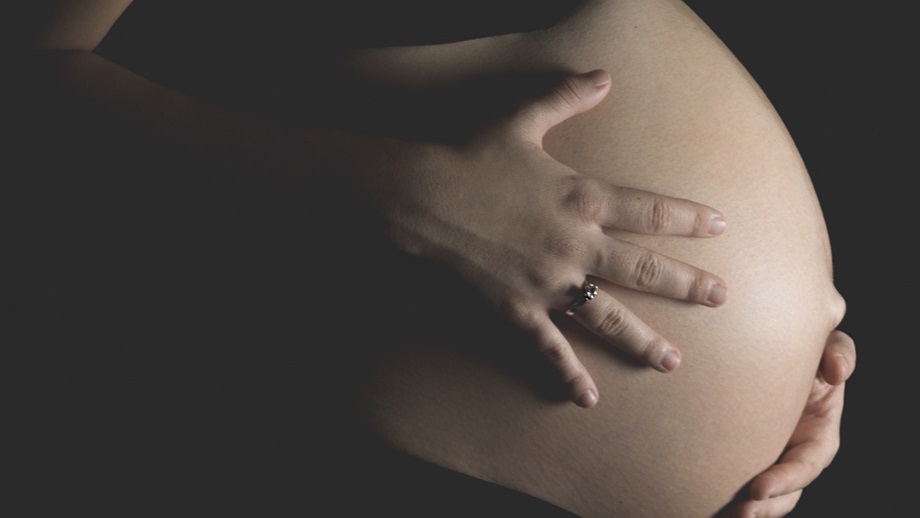
Pregnancy is a time of unparalleled joy and excitement — but it’s also a time when taking care of your health is especially important. Eating healthy can help ensure that both mother and baby are getting all the nutrients they need to stay healthy. This article will provide an overview of what nutrition is important for a healthy pregnancy and tips on how to get it. By following these guidelines, you’ll be able to keep yourself and your baby healthy throughout your pregnancy.
The Importance of Good Nutrition During Pregnancy
Good nutrition during pregnancy is essential for the healthy growth and development of the fetus in utero. Having adequate vitamins, minerals, carbohydrates, fats, calories, and protein for pregnant women will help ensure that your baby gets all the nutrients they need for its health and development. Eating a variety of healthy foods will also help to reduce the risk of some birth defects and complications during pregnancy. So, it’s important to make sure that your diet consists of the right kinds of foods for a healthy pregnancy.
Meeting Your Nutritional Needs
There are several key nutrients that pregnant women need to make sure they get. These include:
- Folic Acid: This is an important B vitamin that helps to prevent neural tube defects, such as spina bifida. The recommended daily allowance (RDA) of folic acid is 400 mcg during pregnancy.
- Iron: This mineral helps to prevent anemia and is vital for the health of both mother and baby. The RDA for iron during pregnancy is 27 mg per day.
- Calcium: This mineral helps to build strong bones and teeth for the baby and helps to prevent preterm labor. The RDA for calcium during pregnancy is 1000 mg per day.
- Protein: This nutrient is essential for the development of the baby’s organs, skin, and muscles. The RDA for protein during pregnancy is 71 grams per day. You may add protein powder for pregnancy to your diet if needed.
- Vitamins A, C, and D: These vitamins are important for the development of the baby’s eyes, teeth, bones, and immune system. The RDA for these vitamins during pregnancy varies depending on the woman’s health and dietary needs.
Foods to Avoid During Pregnancy
Although eating healthy is important during pregnancy, there are some foods that should be avoided. These include:
- Raw or undercooked meat, poultry, and seafood
- Unpasteurized milk and dairy products
- Soft cheeses such as blue cheese and feta
- Refrigerated smoked seafood
- Raw or undercooked eggs
- Unwashed fruits and vegetables
- High-mercury fish such as swordfish and shark
- Alcohol and caffeine
To Conclude
Good nutrition during pregnancy is essential for the health of both mother and baby. Eating a balanced diet full of essential vitamins, minerals, proteins, carbohydrates, fats, and calories will provide the nourishment needed for the proper growth and development of your unborn child. It’s also important to avoid certain foods that could be harmful during pregnancy. Ask your healthcare provider for additional dietary advice to ensure you and your baby are getting the best nutrition possible. Thank you for reading!
